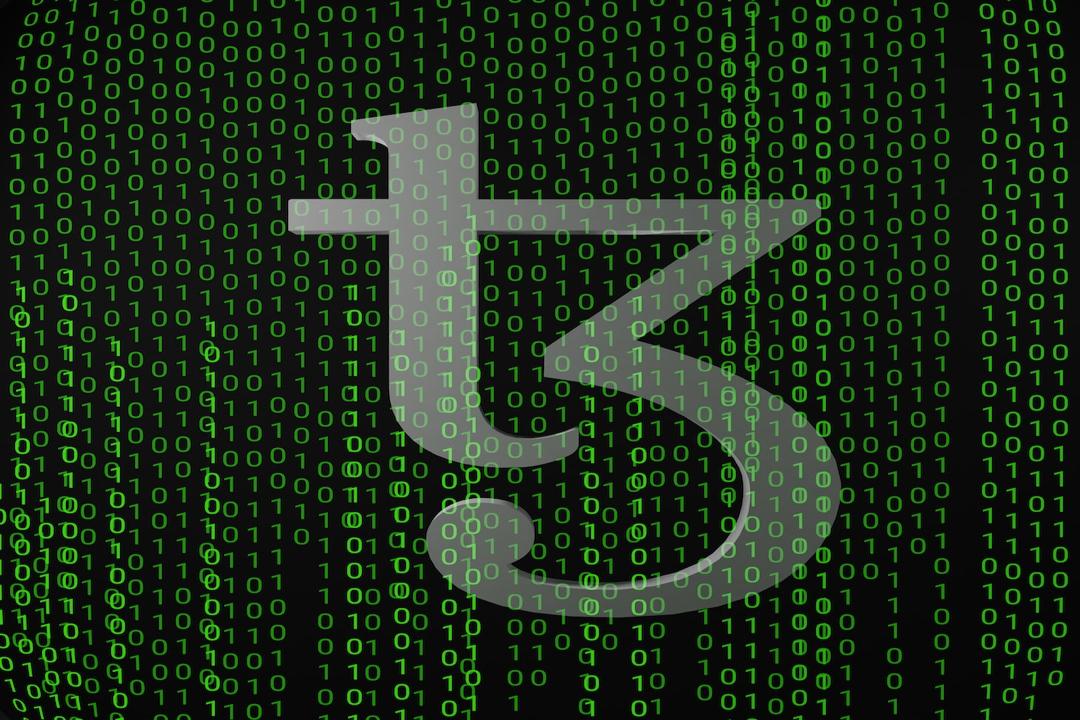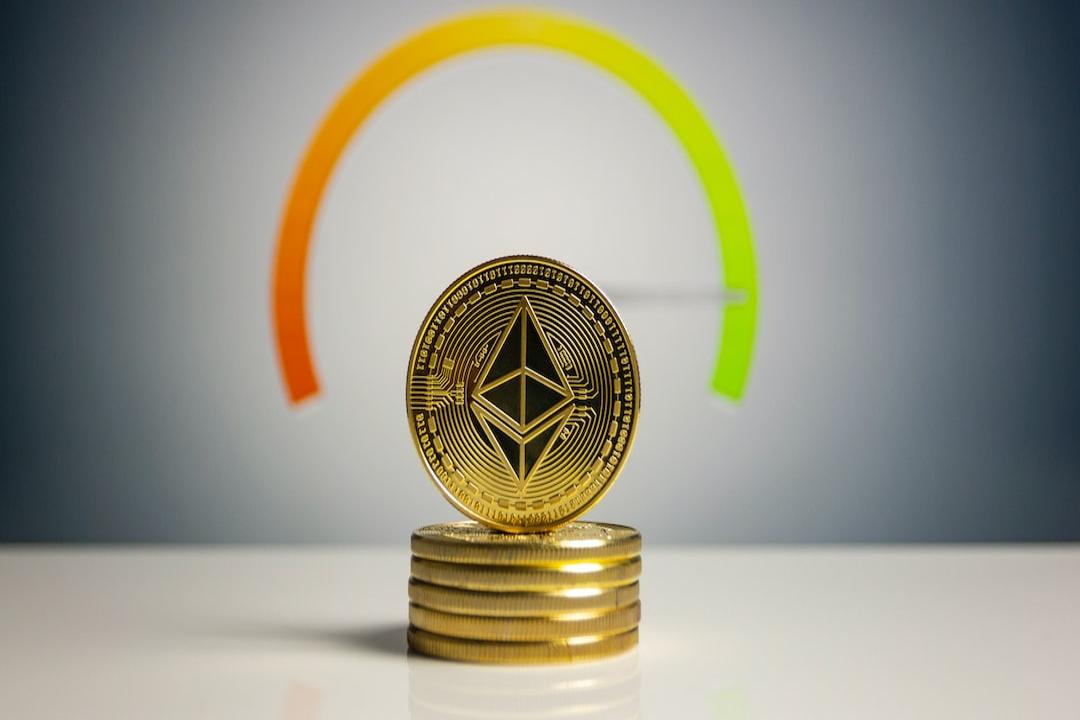Stricter Regulations Await Venezuela’s Digital Currency Use

By: Shalini Nagarajan
Published: April 30, 2024, 05:13 EDT
|
Reading Time: 1 minute

Experts have issued a warning stating that Venezuela’s anticipated adoption of digital currency will require tighter regulatory measures.
This development comes as Venezuela’s state oil company, PDVSA, increases its use of digital currency for crude oil and fuel exports, as reported by Reuters. The decision to do so follows the Biden administration’s decision not to renew a license that had previously eased restrictions, resulting in the reimposition of sanctions on Venezuela’s oil industry.
In response, Venezuelan opposition politician Leopoldo Lopez and Chainalysis director Kristofer Doucette have jointly presented a report on Monday, urging democratic governments to take action. The report provides details of financial transactions conducted since Venezuelan President Nicolas Maduro’s inauguration.
According to the report, governmental efforts should be focused on countering “Maduro’s attempts to exploit cryptocurrency in order to move illicit funds into the international financial system.”
Venezuela Turns to Digital Currency to Circumvent Oil Sanctions
PDVSA has reportedly been quietly increasing its use of digital currency since last year. The company has specifically been utilizing Tether (USDT) for oil sales to avoid having its accounts frozen due to US oil sanctions.
Maduro previously indicated that there are countries interested in conducting business with Venezuela, but they would only be willing to do so if they could utilize digital currency to bypass the traditional financial system.
The report further highlights that other autocratic leaders facing international sanctions, such as those in Iran and Russia, have launched their own cryptocurrency programs. These programs are seen as a means to evade financial systems that rely on US dollars or Euros, which are vulnerable to sanctions.
Global Efforts Necessary to Block Crypto Lifeline for Sanctioned Regimes
Lopez and Doucette have called upon Western governments, particularly the US, to take decisive action. They argue that in order to preserve the effectiveness of sanctions, the loophole being exploited by autocratic regimes with cryptocurrency must be closed.
Furthermore, the report emphasizes the need for a global endeavor that involves cooperation with new cryptocurrency platforms, bringing them on board as key participants. The objective would be to ensure that these platforms prevent autocrats from accessing this new financial system.
The report also singles out financial institutions and cryptocurrency exchanges as crucial players in the fight against the Maduro regime. In order to cut off their access, these institutions must establish robust safeguards to prevent the regime from moving, laundering, or concealing its assets within the global financial system, according to the report.
Follow us on Google News.
Subscribe to Updates
Get the latest creative news from FooBar about art, design and business.

